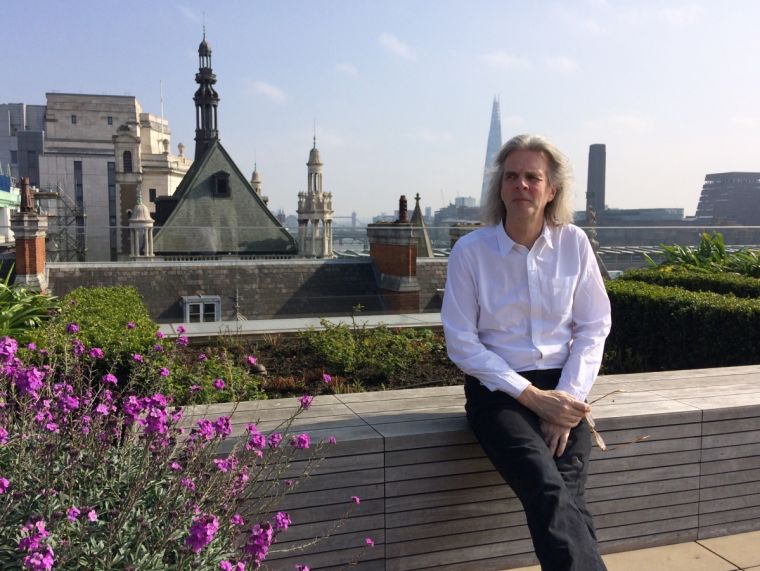Martin Luther: How the great Reformer shaped the modern world
Was Martin Luther likeable? Peter Stanford thinks so, and – given that the great Reformer has been dead nearly 500 years – he ought to know.

Stanford is the author of Martin Luther – Catholic Dissident, which among many other things seeks to humanise a man who did more than most to shape the modern world.
Speaking at the Cheltenham Literature Festival, he made a passionate case for Luther's significance in Western culture. Would the Reformation have happened without him, as some imagine? Who knows? But it was Luther who in actual, historical fact did start it. Luther (and Stanford speaks as a Catholic) broke the stranglehold of Catholicism over late medieval Europe. In his sharp distinction between the public and the private world, and most of all in his translation of the Bible into German and encouragement of the masses to read it for themselves, he struck a lethal blow at the notion that any institution could fetter the human conscience. It was fiery, earthy Luther, not the 18th-century dry-as-dust French logicians, who was responsible for the Enlightenment. If we value human rights and freedom of religion today, we ought to acknowledge him.
He was not, Stanford admits, always admirable in his conduct or his writings. While he probably never met a Jew, his writing about them is heartbreakingly violent – and while it's simplistic to blame him for the Holocaust, the Nazi propagandists appropriated his words and ideas with gusto. There is in existence a photograph of the Luther House in his home of Wittenberg bedecked in Nazi flags as the scene of a Party rally.
And yet, in Stanford's account, there's something grand in Luther's gesture of defiance at the Diet of Worms – not, of course, a bizarre weight-loss programme but a grand council at which he was called to account for his supposed heresies. Faced with the combined authority and power of church and state, both calling on him to withdraw his dangerous doctrines, he defied them all: 'Here I stand, I can do no other.'

It's impossible to imagine that the example of Jan Hus, burned alive after trusting his safe-conduct to the Council of Constance in similar circumstances just a hundred years before, was not in his mind – though Luther at least knew that a sympathetic populace would make it hard to carry out the sentence there and then. But under the circumstances, his courage was outstanding – almost reckless. And he did it out of a passionate belief that the people were being sold a false gospel when the riches of Christ were available freely to all.
Stanford reminds us again that the famous event we commemorate on October 31 – the nailing to the Wittenberg Castle Church door of the 95 Theses – probably never actually happened. But that 'Here I stand' moment certainly did, and its consequences are with us still.
'Martin Luther – Catholic Dissident' by Peter Stanford is published by Hodder, price £20.











